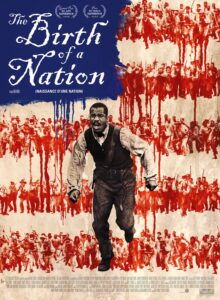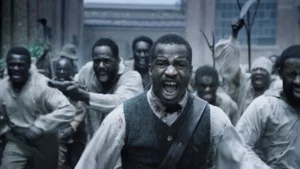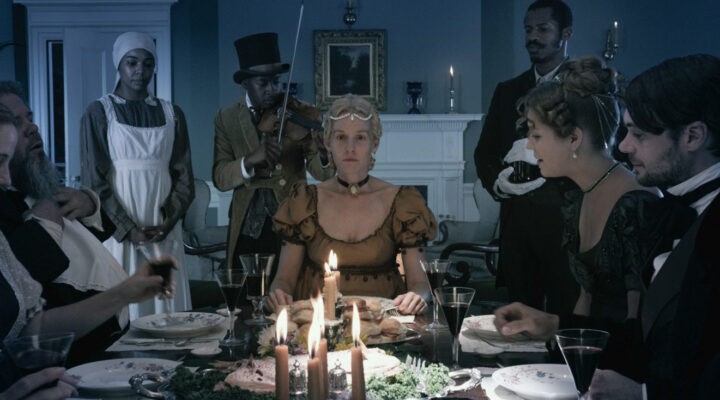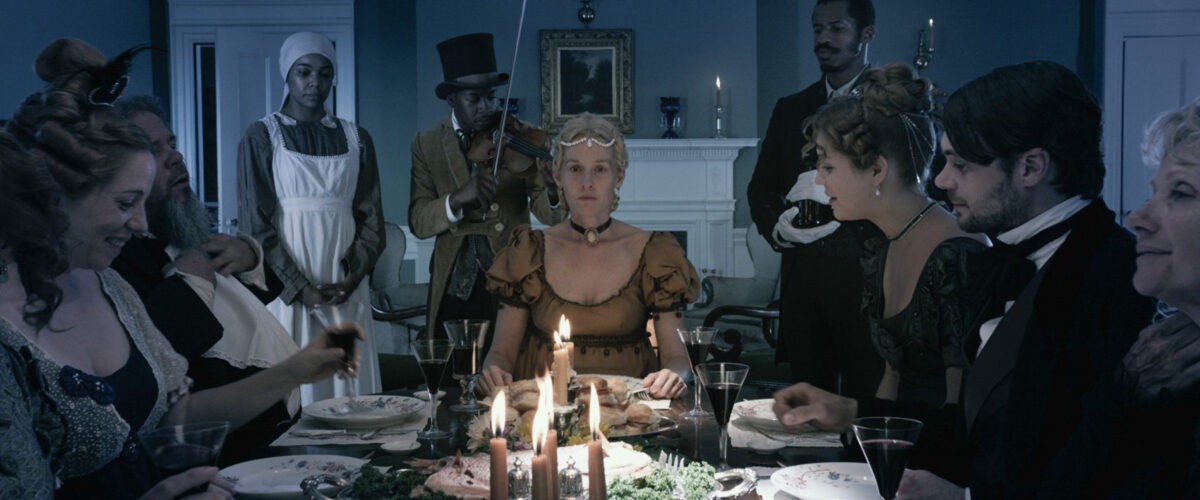A few years ago a controversial movie with an even more controversial title was released about the life of Nat Turner, a 19th century Black preacher who led a slave revolt in Virginia.
Birth of a Nation was an ironic title because it had been used a century before this film’s release for another well-known film that furthered America’s racial divide by glorifying white nationalism while illustrating some persistent racial stereotypes that, more than 100 years later, we still stumble over as a nation.

Sid Smith III
I have seen this latest Birth of a Nation at least a couple dozen times, and I love it for what it is says about our history and about God’s call toward justice and liberty. I highly recommend this film to anyone who hears and heeds God’s word, especially to every preacher of the gospel.
Some folks have a problem with Birth and other movies dealing with American slavery. They say these movies are unnecessary reminders of a painful past best left forgotten, or that these movies unhealthily divide us. I strongly disagree with both assertions.
It is crucially important for us to know from whence we have come (lest we return one way or another), and we never truly can heal as a nation until we collectively wrestle with some weighty issues that, unaddressed, will continue to plague us no matter how polite we think we are.
I have decided to address just a few of the many issues this movie has stirred in my mind and heart. These issues resonate with me because of my love relationship with God and my pursuit of God’s truth in Scripture, and I hope that any and everyone who loves God and pursues God’s Truth would take the time to view this movie and similarly wrestle with the issues that stir your mind and heart.
One question Birth forces us to deal with is, “In the midst of pain, suffering and injustice, where is God?” In one very powerful scene, a white man who is a guest at a plantation “requests” the company of a Black woman whom he notices and gropes at dinner as she serves him.
“One question Birth forces us to deal with is, ‘In the midst of pain, suffering and injustice, where is God?'”
The slave who is sent to retrieve the Black woman is shown agonizing with her husband, who is adamantly refusing to release his wife to be used by this white man. Facing serious threat, the Black woman is brought to the big house to fulfill the white man’s desire. Upon retrieving his wife after the act, the husband, with eyes full of pain, shame, rage and thirst for revenge, asks the Black preacher: “Where is God now?”
 We need to know that God sees all, knows all and deeply cares for us in all we go through. The Winans sang a beautiful song years ago in which the Lord says, “When you cry, loved one, it makes me cry.” There is unquantifiable suffering that was inflicted upon Black people before America eventually decided to align its Constitution with the principles it claims. Likewise, our gospel is empty and impotent unless we, the body of Christ, align ourselves with God’s characteristic of identifying with the suffering of victims of oppression. Jesus tells us as much in the 25th chapter of Matthew.
We need to know that God sees all, knows all and deeply cares for us in all we go through. The Winans sang a beautiful song years ago in which the Lord says, “When you cry, loved one, it makes me cry.” There is unquantifiable suffering that was inflicted upon Black people before America eventually decided to align its Constitution with the principles it claims. Likewise, our gospel is empty and impotent unless we, the body of Christ, align ourselves with God’s characteristic of identifying with the suffering of victims of oppression. Jesus tells us as much in the 25th chapter of Matthew.
We may act as if the massive untold suffering cannot be grieved because we just don’t know the depths of what happened. I dare say that, in fact, we do know, even as we choose to ignore what we know — and God knows as well.
It is a redemptive and healing exercise to align our hearts with God’s heart and grieve for the unacknowledged suffering we know was inflicted upon millions for hundreds of years. History is proving that we as a nation cannot heal until we engage in the soul therapy of grieving as God grieved for God’s own children that God so identifies with. As renowned theologian Johnny Ray Youngblood says, “The way out is back through.”
In another powerful scene, the Black preacher is confronted by a group of white men (including a white preacher) for committing the offense of presuming to extend grace to a white man. The Black preacher defends his act with Scripture, and the white preacher counters him with Scripture. The debate is predictably settled with a gun, but it begs the question: Is the word of God inclined toward liberation from oppression or toward the preservation of institutional control through law and order?
“The truth is that the Bible can be used and misused to justify pretty much anything you can think of.”
The truth is that the Bible can be used and misused to justify pretty much anything you can think of. History has borne this out, which is why Paul commands us to rightly divide the word and John tells us to try the spirit by the Spirit.
Jesus makes it pretty clear that he is inclined toward giving liberty to the oppressed, and the affirmation of that inclination is found throughout the Bible — as is his disdain for those who mistreat his loved ones for any reason. When Jesus announced the purpose and principles of his public ministry (as recorded in Luke 4:18), he was aware of the tendency for people to abuse other people — and the tendency for people to create laws, systems and institutions that allow, excuse, legitimize and perpetuate such abuse.
You’ll never be able to convince me that Jesus cares about individual exploitation but is indifferent toward institutional exploitation.
At the risk of further exposing the plot of the movie, it ends with the lynching of Nat Turner. Of course, the degree to which that is a surprise seriously indicts our educational systems, which are curiously selective in presenting American heroes. Back to my point, the deaths of Turner and his compatriots demand our asking if their revolt was successful or not. Was justice accomplished?

Scene from “Birth of a Nation.”
From one view, the imminent revenge served on the individual slave masters who were killed by the people they enslaved suggests that those people got what they deserved. On the other hand, when the revolutionaries faced the opposition of their own traitorously disloyal people, then a few hastily organized guerrillas, then local militia, then the weight of the United States armed services, their destruction seemed a foregone conclusion and a cautionary warning for anyone contemplating fighting against institutional oppression.
There is always valor found in fighting against evil, particularly when motivated by the principles of God’s love and justice. We have seen and celebrated “successful” revolutions that have secured liberty for some while ignoring and perpetuating the oppression of others. That’s not good enough. In the ironically prescient words of America’s third president, Thomas Jefferson, “I tremble for my country when I reflect that God is just, that his justice cannot sleep forever.”
It is my hope that Birth Of A Nation is widely seen and used as a source of inspiration for those who yearn for freedom, justice and liberty to find their impetus in the word of God, which speaks ultimately of the powerful love and justice found in the kingdom of God.
May we all find strength, power and motivation in following Jesus as he taught us to pray, “Thy Kingdom come, thy will be done, on earth as it is in heaven.”
Sid Smith III is a music ministry consultant and serves at Third Baptist Church of San Francisco. His father, Sid Smith Jr., was a pioneer Southern Baptist Convention leader credited with starting more than 400 predominantly Black SBC churches.
Related article:
‘They’re like children’: Confronting the myth of white paternal control | Opinion by Greg Garrett


